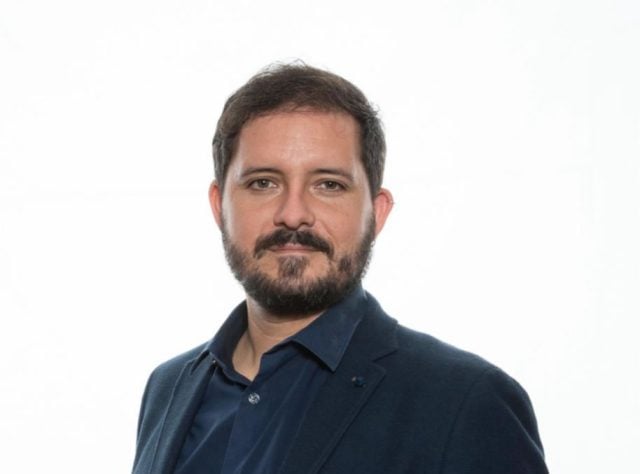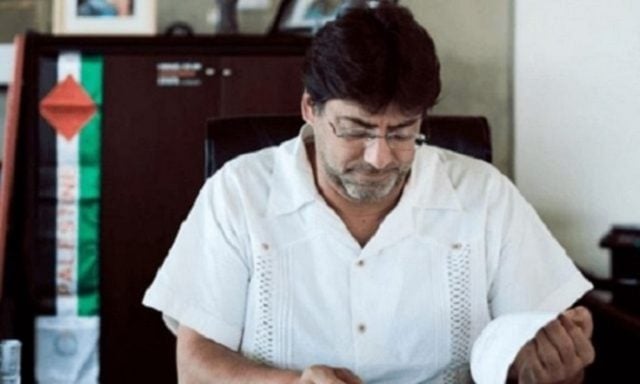A housing-rights lawyer says the cash squeeze is structural, driven by advance payments to construction firms and the way housing subsidies are awarded.
The analysis of the Ministry of Housing and Urban Development — MINVU — focused on the gap between subsidies awarded and subsidies actually paid was at the center of a conversation with Esteban Serey, a lawyer with a masters degree in Urban Development, during his recent interview on Canal Ciudadanos La Ma F1anera. Serey explained that the alleged crisis is not about theft; it is a liquidity shortfall tied to how Chiles social housing construction industry works.
The expert noted that confusion arises because an awarded subsidy functions like a check promised to families at an early stage, yet the actual disbursement by the state comes only at the end of the process with delivery of the property deed — a timeline that can span two to three years or longer. In practice, however, the industry has long operated with advances, in which SERVIU issues monthly progress payments to builders against the final subsidy, allowing works to move forward without companies fronting 100% of construction costs.
According to Serey, the challenge now is that builders expected those advances to continue, but many cannot obtain them today because the state — and particularly the Housing Ministry — is facing a cash shortage. He emphasized that this lack of liquidity should not be pinned solely on the current government.
He explained that the problem has carried over from administration to administration and was intensified by a policy in President Sebasti E1n Pi F1eras second term that allowed subsidies to be awarded at much earlier stages — sometimes just for land purchases without approved projects. As those older commitments come due, the need for cash has become especially acute.
On the housing shortage, the lawyer described it as a structural deficit and argued that long-term solutions cannot depend exclusively on delivering individual homeownership. He urged a review of state efficiency and the creation of reliable funding and collection mechanisms to back these housing commitments.
To address the housing gap, the urban development specialist proposed that Chile look to countries that combine multiple land management tools beyond simple acquisition. He also advocated for mechanisms such as a right of first refusal, pathways to community-based tenure, and an expanded portfolio of publicly owned rental housing.
Finally, Serey addressed the complex reality of informal settlements and evictions, stressing that each case is different and that MINVU must set priorities: either put the focus on eradicating encampments, or deploy alternative housing solutions that enable those families to access a formal home. He added that applying the Fondo Solidario to encampments is absolutely insufficient, since it forces families to remain in precarious conditions for years to qualify and leaves many people out, leading to fragmentation.
We invite you to watch the interview with Esteban Serey:











